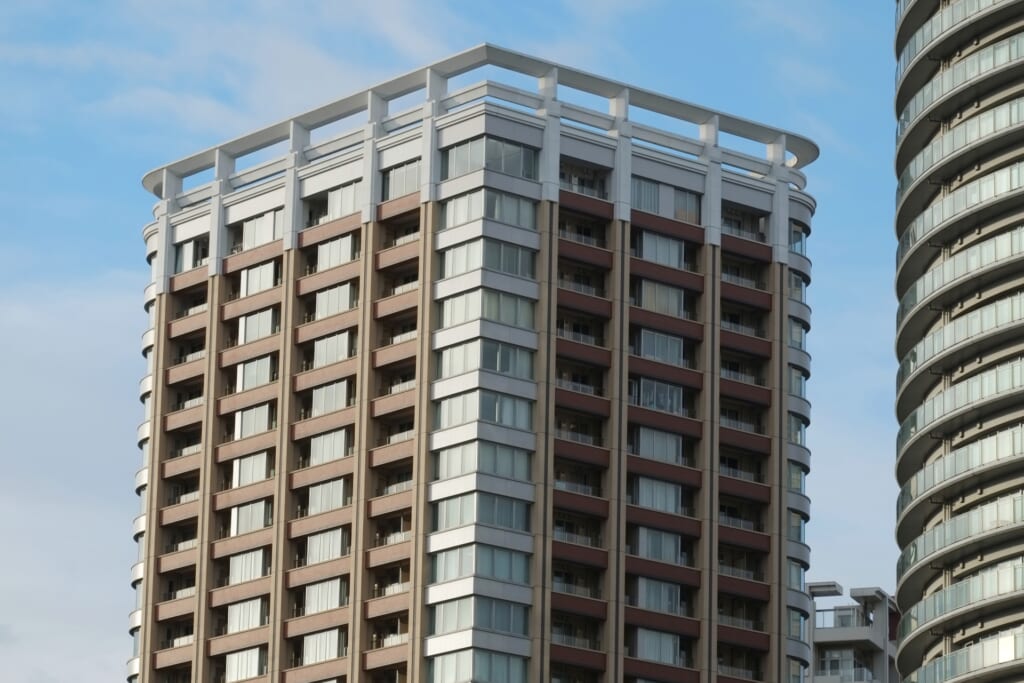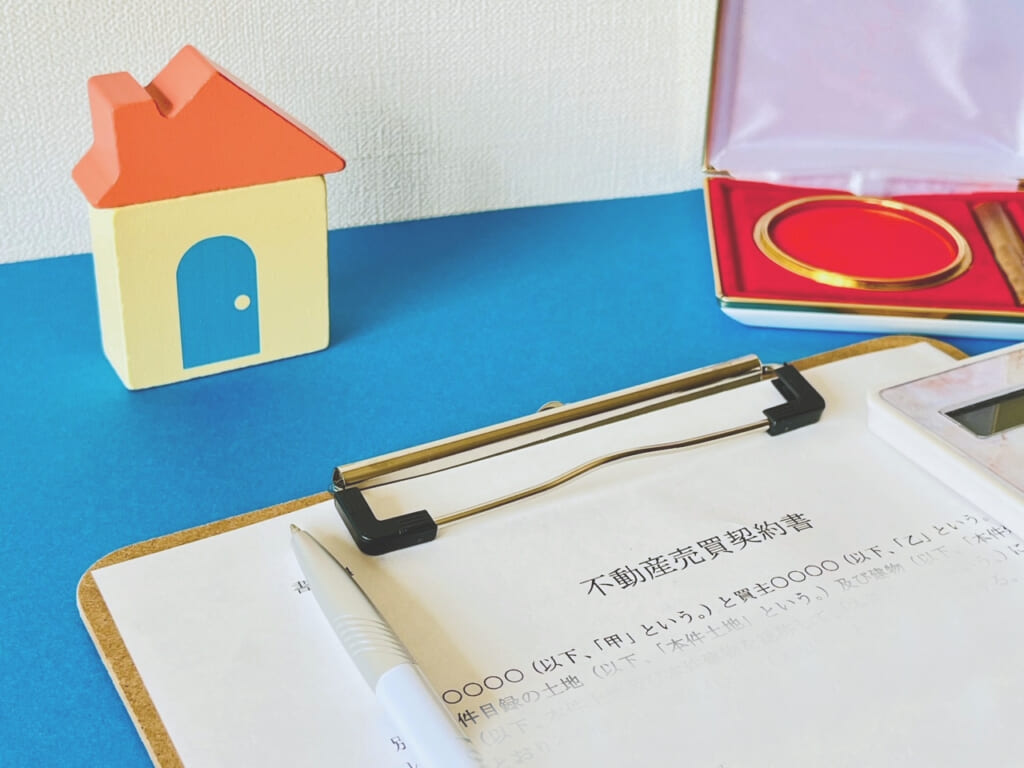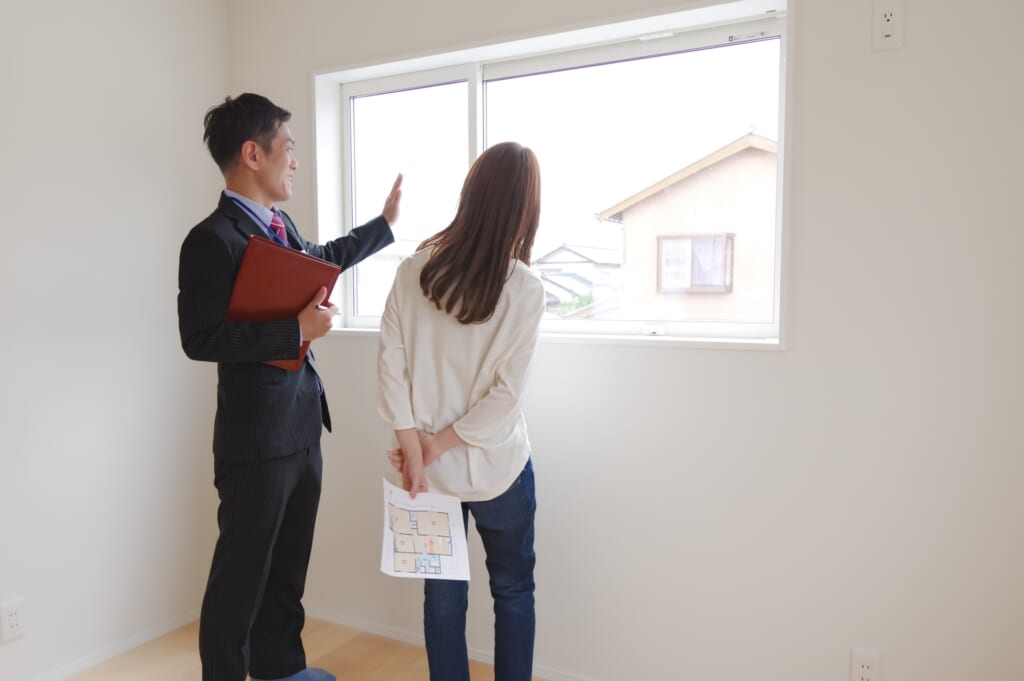How to Conduct Real Estate Transactions in Japan, an essential Q&A
Real Estate Transactions in Japan: Q&A
Real estate transactions in Japan are an attractive investment for foreign investors and expatriates living in Japan. The Japanese real estate market is stable, with high rental demand. It is important to seek expert advice due to various regulations, such as acquiring land in specific foreigner-designated areas. Understanding taxes and procedures in Japanese real estate transactions is also crucial.
The real estate market in Japan varies greatly by region, so detailed research and due diligence are necessary. To succeed in real estate transactions in Japan, foreign investors must obtain accurate information and expert support.
What Are Real Estate Transactions in Japan?
Real estate transactions refer to the buying, selling, and leasing of properties. This is a significant theme for foreign investors and expatriates living in Japan. The Japanese real estate market differs greatly between urban and rural areas, with varying rental demand and profitability.
Understanding the characteristics of each region is important. Foreigners face specific laws and regulations when acquiring land in designated foreigner areas. Therefore, expert support is essential for real estate transactions. Understanding taxes and procedures is also key to success.
Basic Information on Real Estate Transactions in Japan

Knowing the basics of real estate transactions in Japan is crucial. The real estate market varies significantly by region. For example, real estate prices in central Tokyo are high, with very high rental demand, while prices and demand differ in rural areas.
When purchasing real estate, researching the supply and demand balance and future land price trends is important.
Choosing properties that match your investment purposes is also key. For investment properties, consider areas with high rental demand and property yields. For personal residences, focus on accessibility and living environment for a satisfying lifestyle.
Additionally, be aware of taxes and procedures in Japanese real estate transactions. Foreign investors must consult experts regarding land acquisition in designated foreigner areas and the obligation to declare foreign ownership.
Japanese real estate transactions are highly regulated, so expert support helps avoid trouble.
Points to Note When Foreigners Purchase Real Estate in Japan
There are important points to consider when purchasing real estate in Japan.
First, there are restrictions on acquiring land in designated foreigner areas, so it is important to check the acquisition restrictions and conditions if you are considering purchasing in those areas. Also, Japan’s registration system and contract format differ from those in other countries.
Thoroughly investigate the property’s condition and history. Understanding regional demand and future potential is crucial, as the real estate market varies greatly by region. Foreigners need to gain knowledge about Japanese real estate transactions. Seeking advice from local experts and real estate companies will ensure smooth transactions.
Purchase Process and Necessary Procedures
Several important procedures are involved when purchasing real estate in Japan. First, you need documents such as a resident card or foreign resident registration card to prove your identity. Additionally, you may need documents to prove the route of your funds. Preparing these documents is the first step in the purchase process.
Next, you need to arrange the purchase funds. Consider your funding methods, such as self-funding or loans, and make a plan. When concluding a real estate purchase contract, you need to create a contract and clarify the purchase conditions and payment schedule.
Furthermore, understand the post-purchase procedures, such as registration and tax payment, in advance. It is important to seek expert advice in the purchase process. Due to the need for specialized knowledge in areas such as law, taxes, and contract conditions, consulting with trusted experts is recommended.
Understanding the necessary procedures and documents in advance and receiving appropriate support will ensure a smooth purchase process.

Purchase Costs and Their Breakdown
Various costs arise when purchasing real estate in Japan. Here is a detailed explanation of the purchase costs and their breakdown.
First, there are costs for registration procedures when purchasing real estate. Transferring property ownership requires registration procedures, which include registration costs and stamp duties. Additionally, brokerage fees are incurred when purchasing real estate. Real estate transactions typically involve real estate brokers, resulting in brokerage fees. Moreover, consider loan fees if using a housing loan from a Japanese bank.
Purchase costs comprise various items, including registration procedures, brokerage fees, and loan fees. Understanding these costs is important when purchasing real estate.
Property Management and Maintenance After Purchase
For real estate investors, managing and maintaining the property after purchase is crucial.
Proper management and maintenance are essential after purchasing a property. First, communication with tenants is important. Responding promptly to issues and building trust with tenants is vital. Regular inspections and maintenance help reduce future major repair costs.
For rental properties, proper contract management with tenants is also important. Properly managing contracts and payments with tenants prevents problems. Adhering to legal regulations, land rights, and lease agreement renewals is also important.
Real estate investment requires continuous operation, so thorough planning and proper management are keys to success. If managing the property personally is difficult, consider outsourcing to a professional property management company.
Frequently Asked Questions (Q&A)
What procedures are necessary to purchase real estate in Japan?
To purchase real estate in Japan, start by contacting a real estate company or agent to communicate your requirements and budget. Then, visit the property to inspect it and express your intent to purchase. Upon agreement, create a sales contract and conduct registration procedures.
What should foreigners be aware of when purchasing real estate in Japan?
Foreigners need to confirm land acquisition restrictions in designated foreigner areas and verify residency status. Understand the taxes and fees involved in Japanese real estate transactions. Carefully consider regional characteristics and future potential.
What are the characteristics of the Japanese real estate market?
The Japanese real estate market is stable, with high rental demand. Particularly in metropolitan areas, real estate investment is notable for generating rental income. However, some regions face issues like population decline and vacant houses, so understanding regional characteristics is crucial.
Can foreigners purchase real estate?
Foreigners can purchase real estate in Japan, but there are restrictions on acquiring land in designated foreigner areas. If a foreigner wants to buy land in such areas, they must obtain prior permission.
Additionally, verifying residency status is necessary. Foreigners without permanent residency need approval from the Immigration Bureau. Seeking expert advice is important, as Japanese real estate transactions involve various legal regulations and procedures that may be difficult for foreigners to understand.
To succeed in real estate transactions, foreign investors should collect accurate information about the Japanese market and consult local experts and lawyers.
What are the required documents for purchase?
The following documents are necessary when purchasing real estate:
- Identification (passport, etc.)
- Copy of resident card or alien registration card
- Income certificate (withholding slip, pay stubs, etc.)
- Asset certificate (bank balance certificate, etc.)
- Investigation report (property condition and evaluation report)
These documents may vary depending on the property type and financial institution requirements, so confirm with the real estate company or financial institution in advance.
What taxes to expect when purchasing real estate in Japan?
Various taxes and fees apply when purchasing real estate in Japan. Typical taxes include registration and license tax, stamp duty, registration fees, and fixed asset tax.
Registration and license tax occurs based on the real estate transaction price and is paid upon concluding the sales contract. Stamp duty applies to the contract documents and is paid when creating the documents. Registration fees are incurred during the registration process. Fixed asset tax is an annual tax paid by the property owner, and the amount varies based on the property.
Consult real estate transaction experts for specific amounts and calculations, as these taxes and fees vary by transaction price, property location, and transaction type.
Can properties be renovated after purchase?

It is possible to renovate a property after purchasing it in Japan. Generally, various renovations such as interior and equipment upgrades, and layout changes are possible. However, changing the building’s exterior or structure involves the Building Standards Act and local regulations, so thorough pre-confirmation is necessary.
Consult with reliable renovation contractors or architects, and discuss costs, schedules, and design details clearly with them. Renovations involve costs, time, and permit procedures, so professional advice helps avoid troubles and ensures efficient renovations.
Real estate renovations offer benefits such as asset value and convenience improvements but require a planned approach. Particularly for foreign investors and expatriates, understanding Japanese renovation culture and laws is necessary. Plan renovations or upgrades considering regional characteristics and future potential.
How to prevent troubles in real estate transactions?
Avoiding troubles in real estate transactions is crucial. Paying attention to the following points helps prevent issues.
First, use a reliable real estate company or agent for the purchase. Check reviews and references. Additionally, thoroughly check and clarify contract terms to avoid troubles. If you do not understand the contract or agreement terms, consult a lawyer or interpreter.
Moreover, do not neglect property inspections and checks. Confirm that there are no hidden defects or issues by having the property inspected by experts. Consider the surrounding environment and future development plans when evaluating the purchase.
Additionally, plan and consider funding and financing in advance. Properly plan your finances and conduct loan procedures to avoid future troubles.

Addressing these points ensures safe and smooth real estate transactions.
Conclusion
Here is a summary of information about real estate transactions for foreign investors and expatriates living in Japan.
The Japanese real estate market is attractive to foreign investors due to its stable market and high rental demand. However, there are regulations such as land acquisition in designated foreigner areas. Expert advice is important. Understanding taxes and procedures is also necessary. The market varies greatly by region, so detailed research is required. Accurate information and expert support are essential for success.
Through this Q&A on real estate transactions, we hope you better understand the attractiveness and points of consideration in the Japanese real estate market.
